A powerful winter storm is bringing extreme weather to the Upper Midwest, Great Lakes, and Northeast this weekend.
The National Weather Service (NWS) says the system will intensify over the next few days…
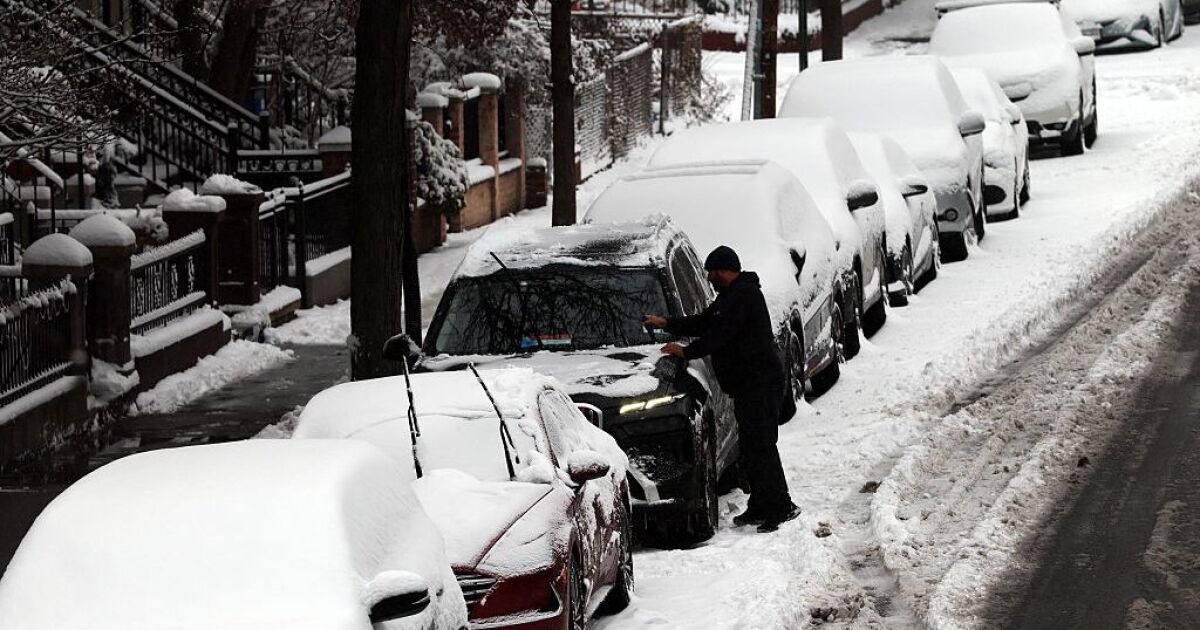
A powerful winter storm is bringing extreme weather to the Upper Midwest, Great Lakes, and Northeast this weekend.
The National Weather Service (NWS) says the system will intensify over the next few days…
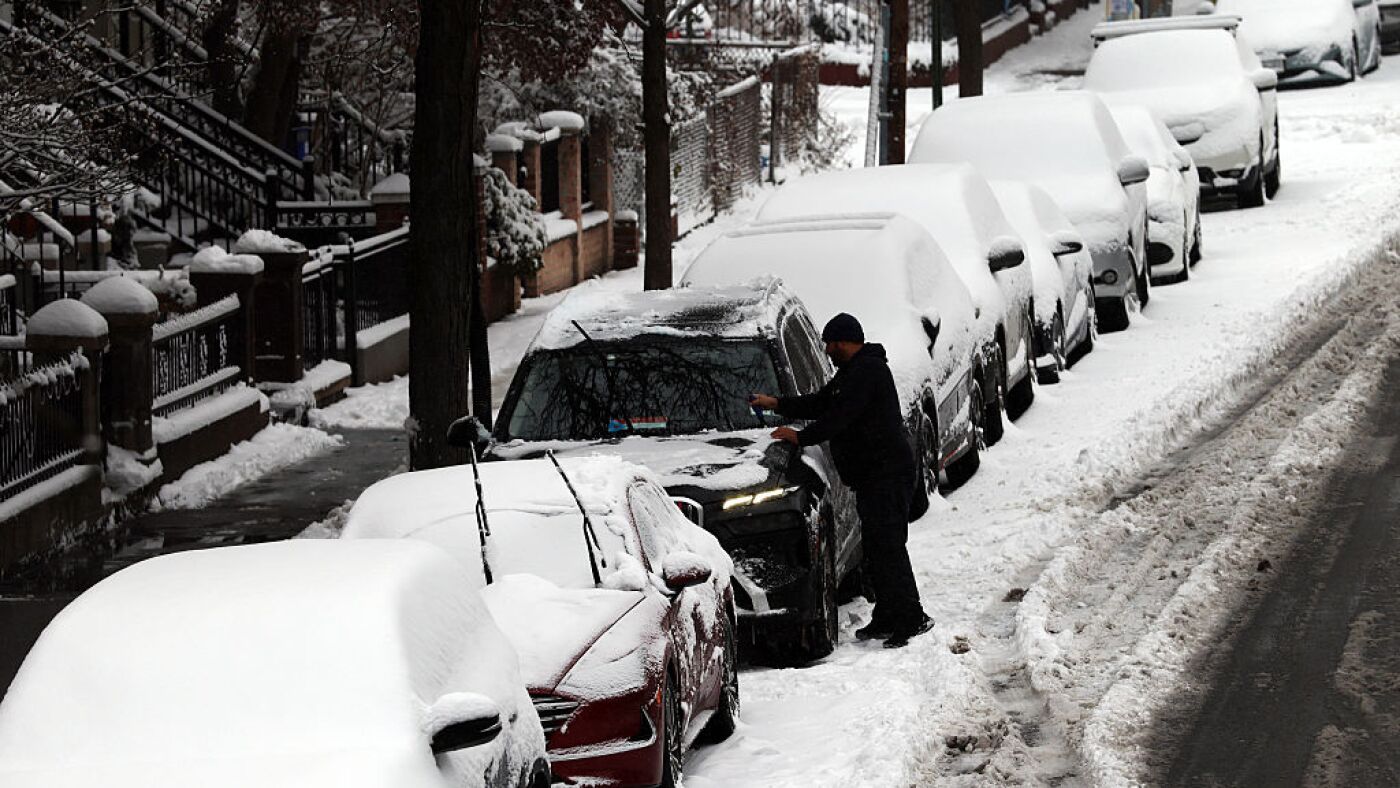
A man cleans off his car of snow in Brooklyn after an overnight storm on Dec. 27, 2025 in New York City.
…
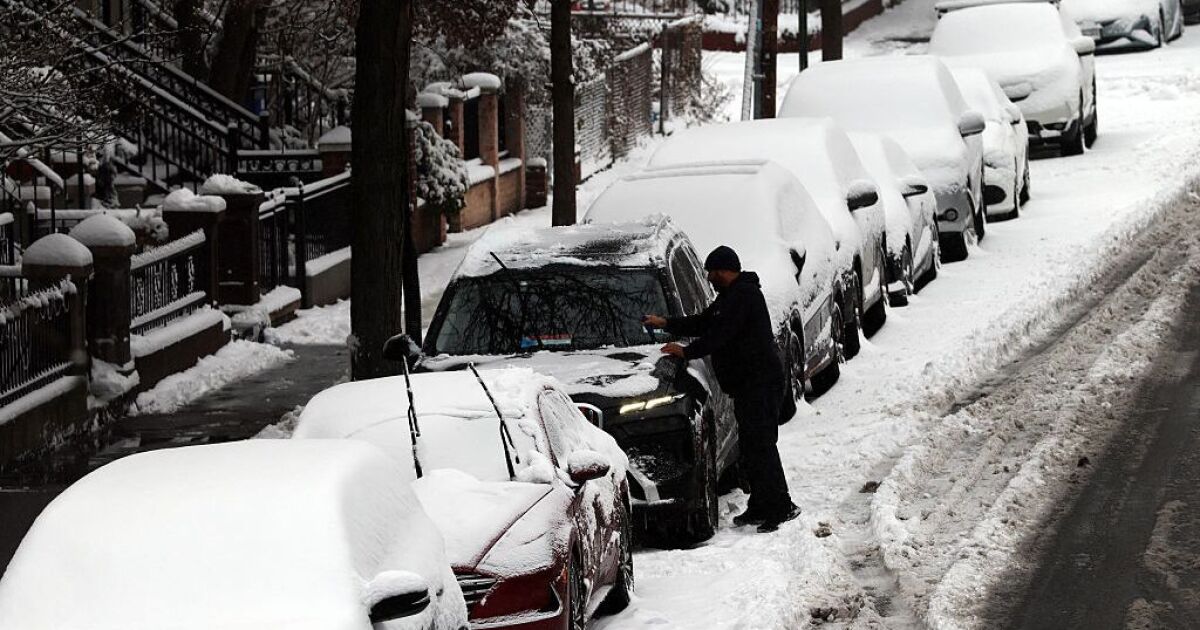
A powerful winter storm is bringing extreme weather to the Upper Midwest, Great Lakes, and Northeast this weekend.
The National Weather Service (NWS) says the system will intensify over the next few days…
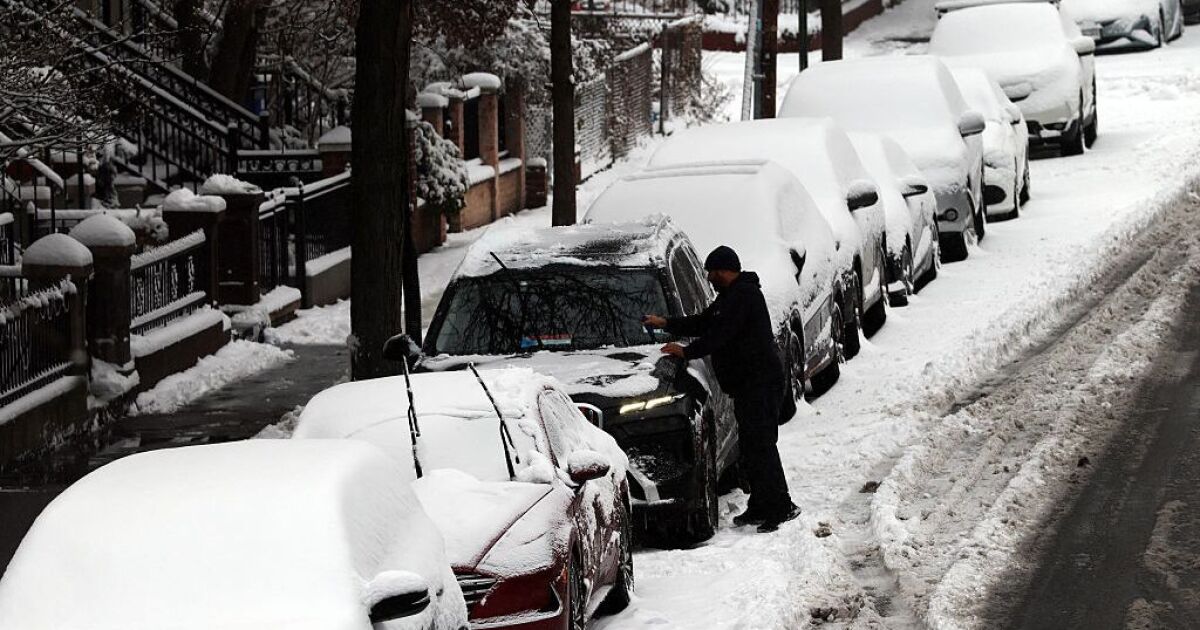
A powerful winter storm is bringing extreme weather to the Upper Midwest, Great Lakes, and Northeast this weekend.
The National Weather Service (NWS) says the system will intensify over the next few days…
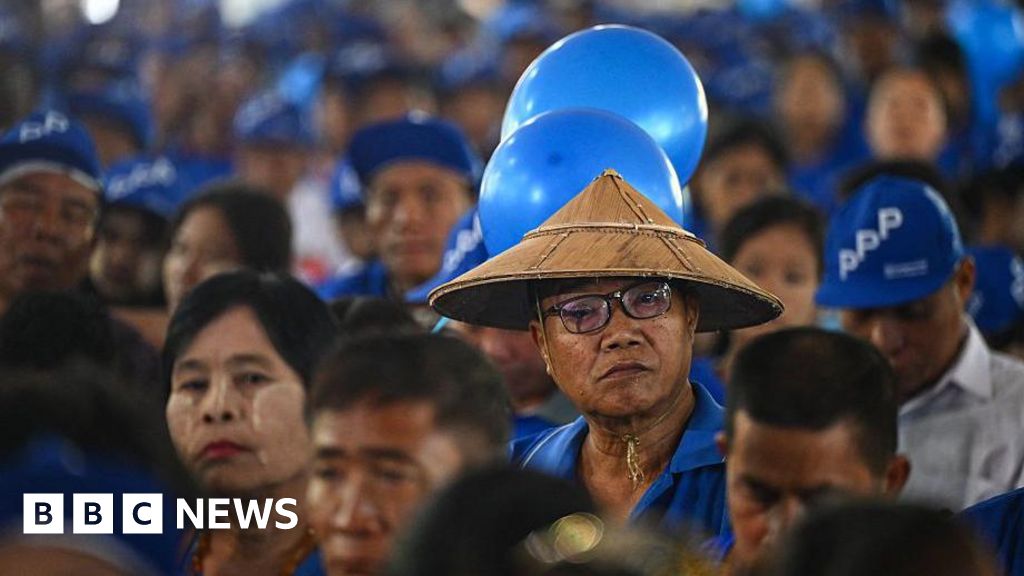
Myanmar is going to the polls in an election widely dismissed as a sham, with major political parties dissolved, many of their leaders jailed and as much as half the country unlikely to vote because of an ongoing civil war.
The military…
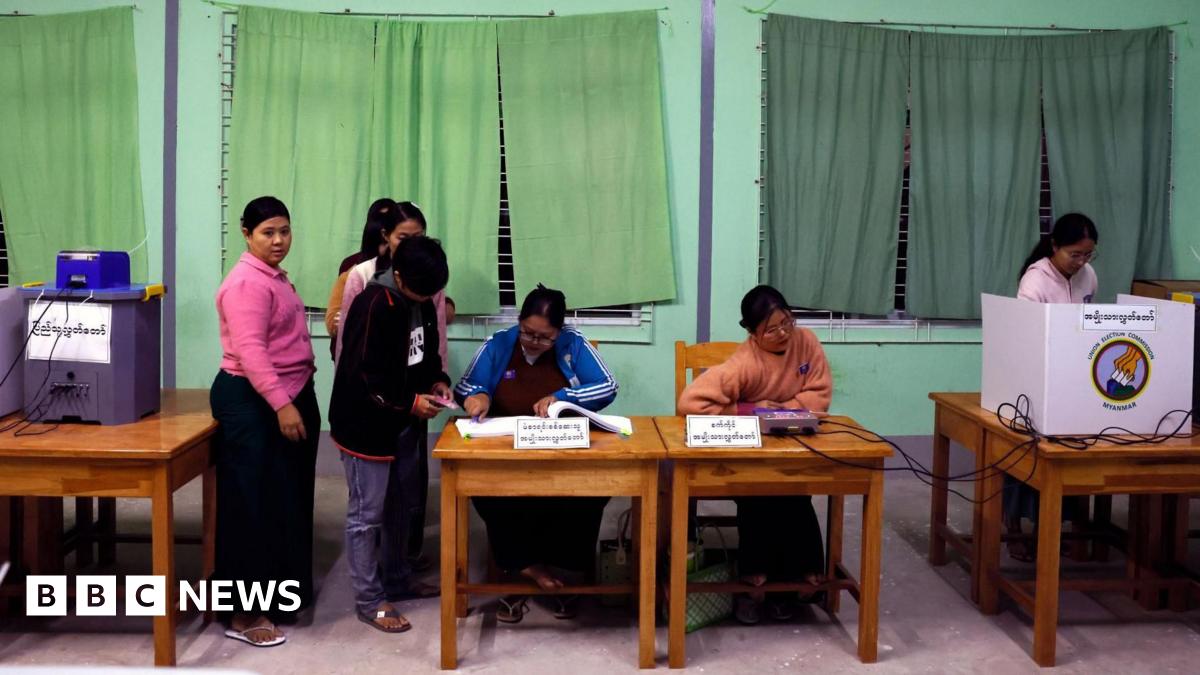
All of this and the fact that large parts of the country are still under opposition control presents a huge logistical challenge for holding an election.
Voting is set to take place in three phases over the next month in 274 of the country’s 330…
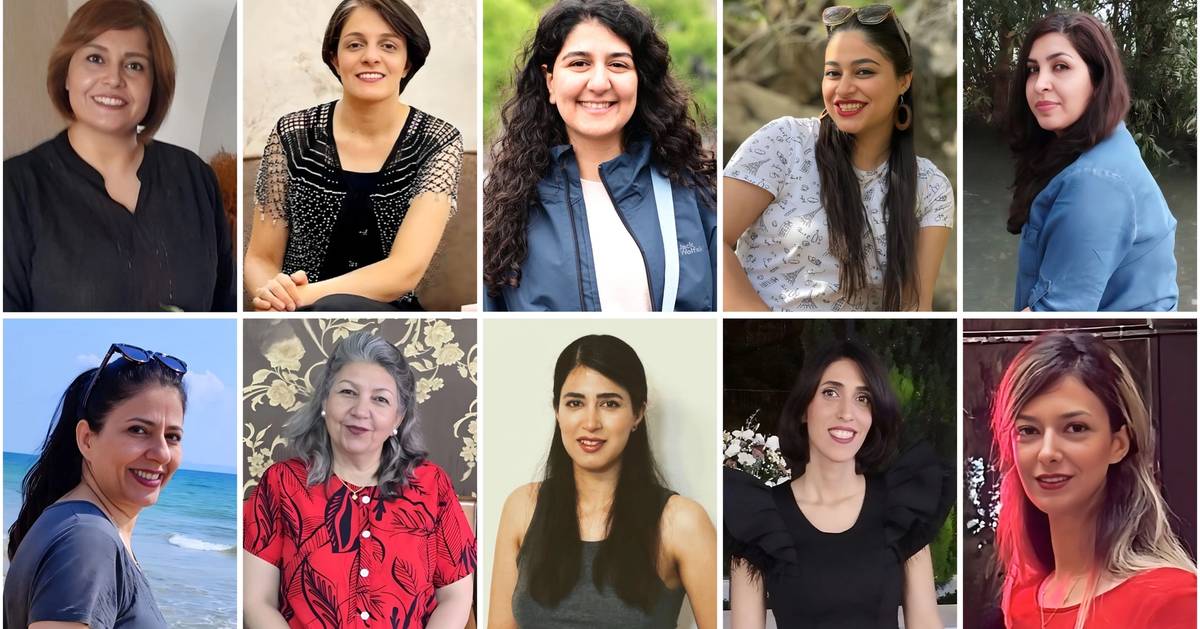
The report by the Human Rights Activists News Agency (HRANA), covering the period from January 1 to December 20, said executions rose by 106% compared with 2024, marking a sharp escalation in the use of capital punishment by Iran’s judiciary.
At…
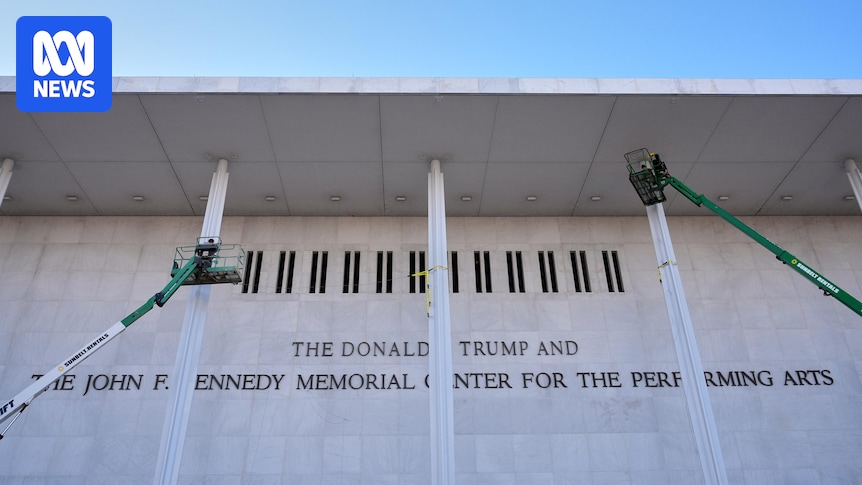
The president of the Kennedy Center has demanded $1.5 million in damages from a musician who cancelled a Christmas Eve performance at the venue days after the White House announced it would be renamed the Trump Kennedy Center.
In a letter to…
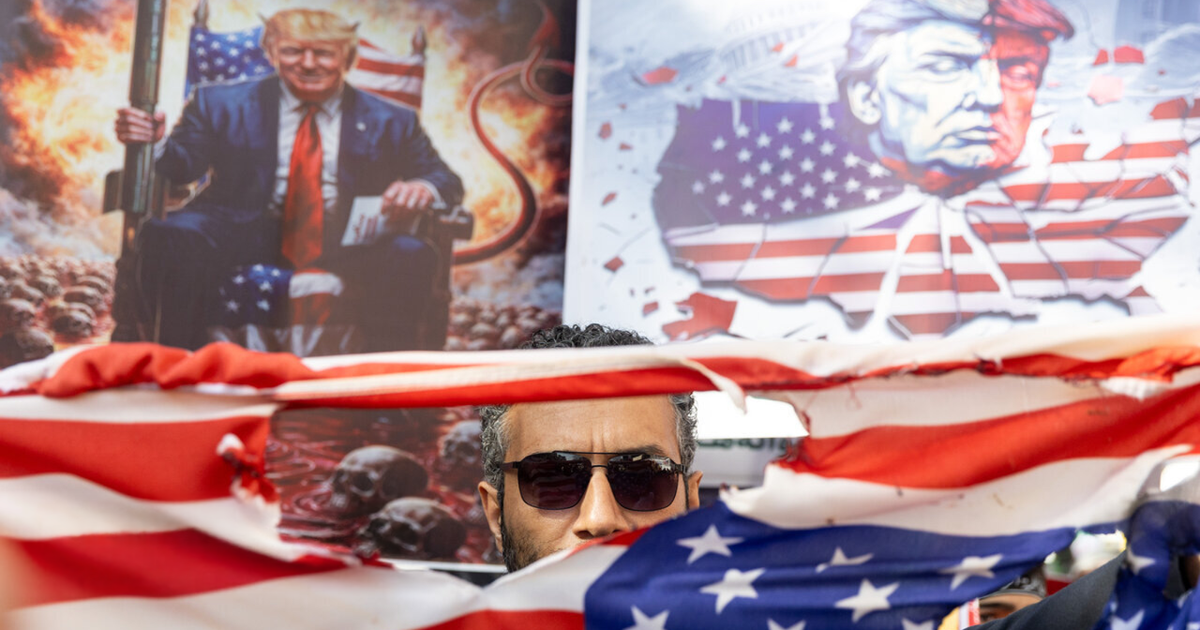
At the start of 2024, Iran appeared to be riding high — expanding regional reach, edging closer to nuclear threshold status and projecting confidence at home and abroad. That trajectory began to reverse in late 2024 and accelerated into 2025.